Track my order
Resources
Containerized Battery Energy Storage System (BESS): 2024 Guide


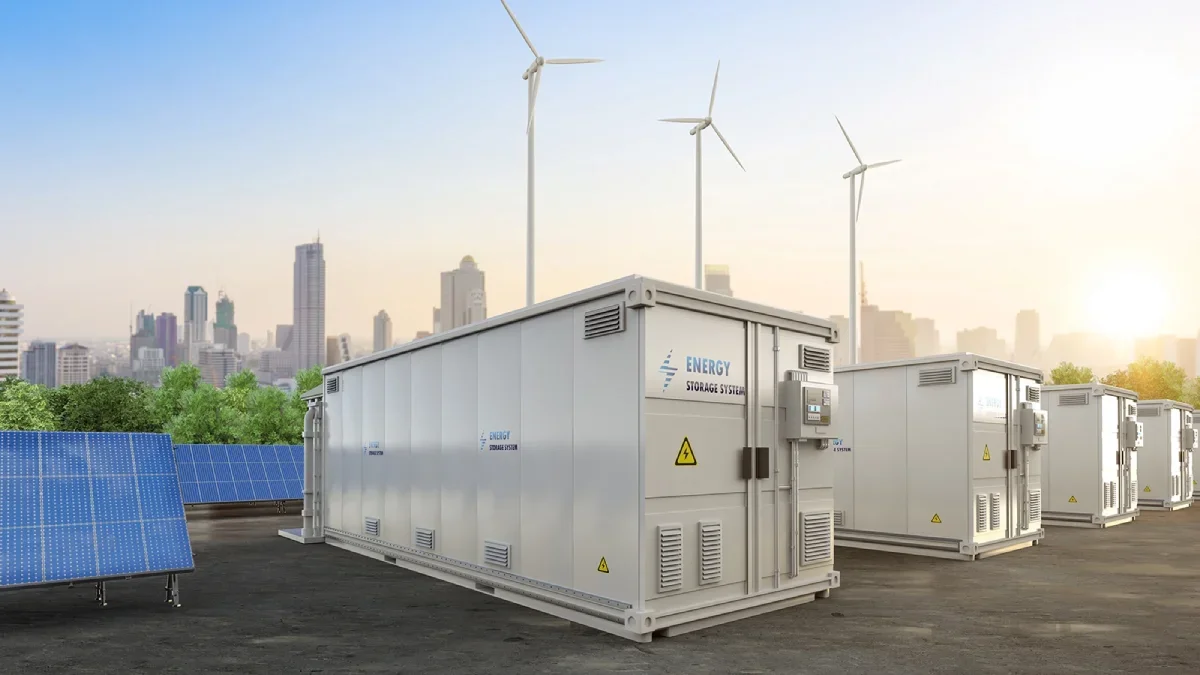
Renewable energy is the fastest-growing energy source in the United States. The amount of renewable energy capacity added to energy systems around the world grew by 50% in 2023, reaching almost 510 gigawatts. In this rapidly evolving landscape, Battery Energy Storage Systems (BESS) have emerged as a pivotal technology, offering a reliable solution for storing energy and ensuring its availability when needed. This guide will provide in-depth insights into containerized BESS, exploring their components, benefits, applications, and implementation strategies. Let’s dive in!
What are containerized BESS?
Containerized Battery Energy Storage Systems (BESS) are essentially large batteries housed within storage containers. These systems are designed to store energy from renewable sources or the grid and release it when required. This setup offers a modular and scalable solution to energy storage. BESS not only facilitate efficient energy management, but they also play a crucial role in integrating renewable energy sources and stabilizing power grids.
BESS components and their functions
• Inverters: Convert direct current (DC) from batteries to alternating current (AC) for use in the grid or other applications.
• Control components: Manage the flow of energy between the storage system and the end-use, ensuring optimal efficiency and safety.
• Integrated sensors: Monitor various parameters like temperature, voltage, and state of charge to maintain system health and efficiency.
Types of BESS
• Lithium-ion batteries: These containers are known for their high energy density and long cycle life.
• Lead-acid batteries: Traditional and cost-effective, though less efficient than newer technologies.
• Flow batteries: Utilize liquid electrolytes, ideal for large-scale storage with long discharge times.
• Flywheels: Store energy in the form of kinetic energy, suitable for short-term storage and high-power applications.
Benefits of BESS
BESS offer a range of benefits, from energy independence to cost-effectiveness, that make them integral to modern energy management strategies. Let’s dig into them now.
Increased energy independence
By storing energy locally, homes and businesses can reduce their reliance on fossil fuels and grid power, enhancing energy security and resilience. That way, if you experience an outage or an extreme weather event, you have a reliable source of backup power.
Scalability and flexibility
Containerized BESS can easily be scaled up or down based on demand, making them suitable for both small-scale and large-scale applications, from powering a residential home, to storing energy at a wind farm.
Cost-effectiveness
These energy storage containers often lower capital costs and operational expenses, making them a viable economic alternative to traditional energy solutions. The modular nature of containerized systems often results in lower installation and maintenance costs compared to traditional setups. And when you can store up energy when it’s inexpensive and then release it when energy prices are high, you can easily reduce energy costs.
Reduced environmental impact
By smoothing out the fluctuations in renewable energy generation, BESS help to reduce the environmental impact of energy consumption.
Grid stabilization
BESS can provide grid services such as frequency regulation, voltage support, and load shifting, contributing to overall grid stability.
Reduced grid congestion
By storing energy during off-peak hours and releasing it during peak demand, BESS can help alleviate grid congestion.
Containerized BESS use cases & applications
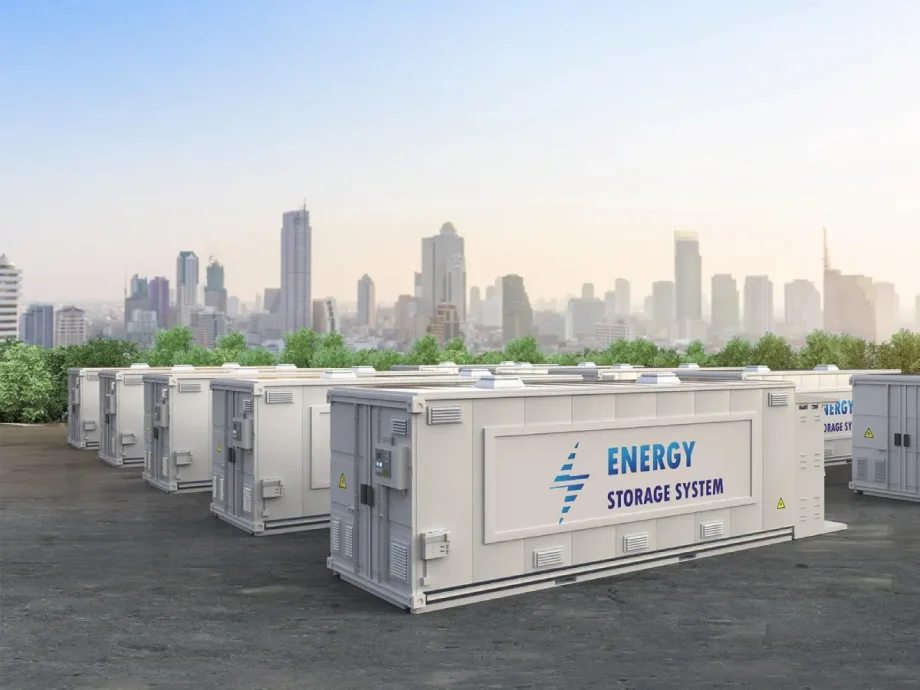
Whether you’re powering a place of business, or storing renewable energy for plants like wind farms, containerized BESS unlock new opportunities for energy management and sustainability. Here are some key reasons why businesses invest in BESS.
Renewable energy integration
Containerized BESS are crucial for integrating renewable energy sources like solar and wind into the grid, ensuring a steady supply of power regardless of fluctuations.
Grid stabilization and frequency regulation
By providing fast-response energy, BESS can help maintain grid frequency and stability, preventing blackouts and ensuring reliable power supply.
Peak shaving and load shifting
BESS can store energy during low-demand periods and release it during high-demand periods, optimizing energy use and reducing costs.
Backup power for critical infrastructure
Hospitals, data centers, and other critical infrastructure can benefit from the reliable backup power provided by containerized BESS.
Remote and off-grid power solutions
In remote areas where grid access is limited or non-existent, containerized BESS offer a practical solution for reliable power.
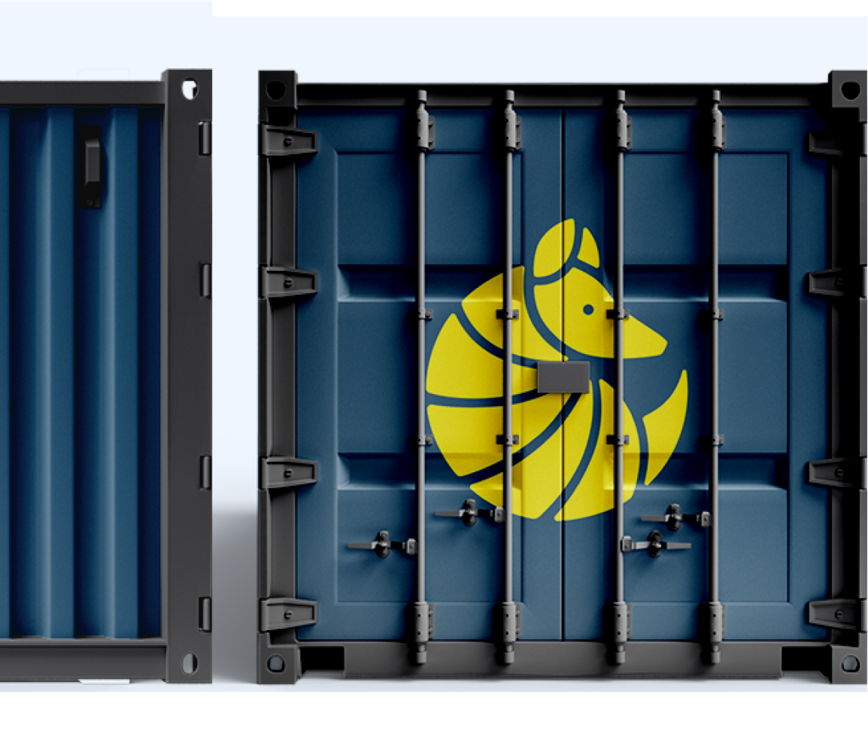
Benefits of using a shipping container for your BESS
BESS can come in a range of sizes, from the size of a mini fridge—perfect for charging your electric vehicle in your garage—to something much larger. A solar farm, for instance, would require a much larger battery storage container. While some organizations opt for custom enclosures, these can be costly, complex, and time-consuming.
That’s where shipping containers come in.
Let’s dig into some reasons why shipping containers provide the ideal venue for housing the BESS of large-scale operations.
Size
Standard shipping containers, typically 20 or 40 feet in length, offer ample space for housing BESS components while maintaining a compact footprint.
Mobility
The portability of shipping containers allows for easy relocation of BESS as needed, providing flexibility for changing energy needs.
Customizability
Shipping containers can easily be modified to include climate control, custom openings, and interior adjustments to suit specific BESS requirements.
Cost considerations
Utilizing existing shipping containers is more cost-effective than constructing custom enclosures, reducing overall project costs.
Enhanced security and durability
Designed to withstand harsh conditions, shipping containers offer robust protection for the energy storage components inside.
Environmental Consciousness
With anywhere from 17 to 530 million shipping containers circling worldwide, repurposing used containers contributes to sustainability by reducing waste and promoting resource efficiency.
BESS implementation strategies
Site selection and preparation
Choosing the right location for your containerized BESS is crucial. Consider factors such as proximity to energy sources, grid access, and environmental conditions.
Installation process and best practices
Follow best practices for installing BESS, including proper handling of batteries, ensuring adequate ventilation, and adhering to safety regulations.
Integration with existing energy systems
Seamless integration with existing energy infrastructure is essential for maximizing the benefits of BESS. Ensure compatibility with grid requirements and energy management systems.
Maintenance and lifecycle management
Regular maintenance and monitoring are key to ensuring the longevity and performance of BESS. Implement a comprehensive lifecycle management plan to address potential issues.
Conclusion
The future of renewable energy management lies in the effective use of Battery Energy Storage Systems, particularly containerized BESS. By understanding their components, benefits, applications, and implementation strategies, organizations can harness the full potential of this technology to achieve greater energy efficiency, reliability, and sustainability.
As we’ve discussed in this article, shipping containers provide a modular, cost-effective option for housing your BESS. Boxhub, the largest online marketplace for shipping containers in the U.S., can help match you with a container that meets the exact needs of your BESS. Chat with us to get a quote today.
A Battery Energy Storage System (BESS) is a technology that can store energy produced from other sources, such as solar, wind, or the grid, and discharge it for use at a later time. They can help ensure reliable power supply, store energy during low-demand periods to save costs, and provide backup power for critical infrastructure.
Common types of BESS include lithium-ion batteries, lead-acid batteries, flow batteries, and flywheels.
BESS store energy from various sources, such as the grid or renewable energy, and release it when needed, providing a consistent and reliable power supply.

About Andy Pandya
Andy is a content-focused marketing and growth leader with 18+ years of success in driving measurable improvements in customer acquisition, value expansion, and revenue operations. He is an expert in creating and implementing content strategies that drive engagement and revenue growth.
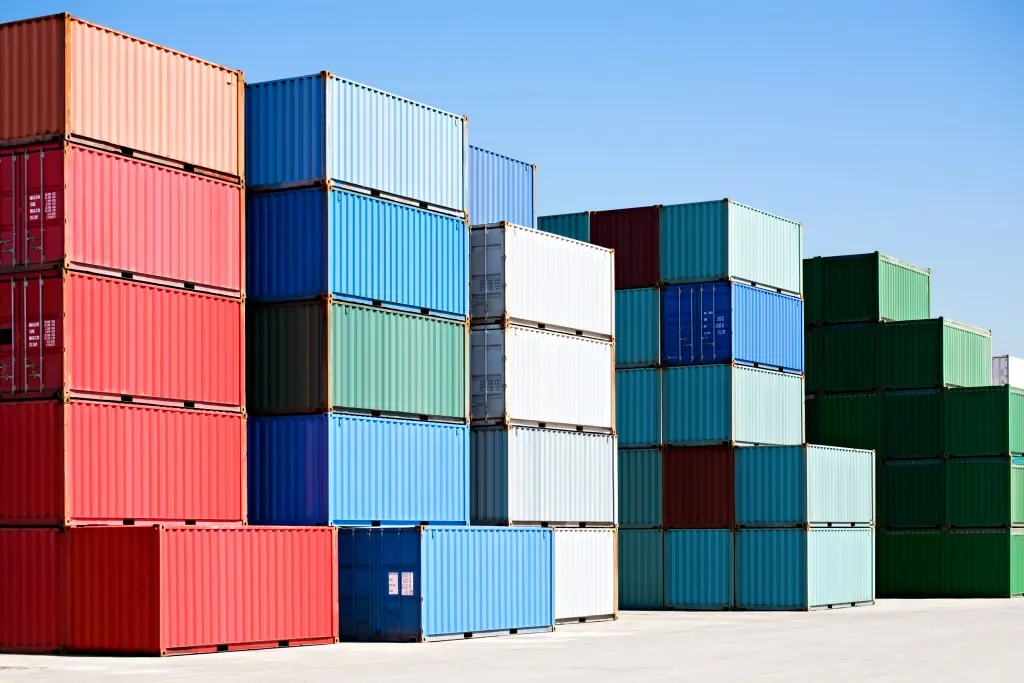

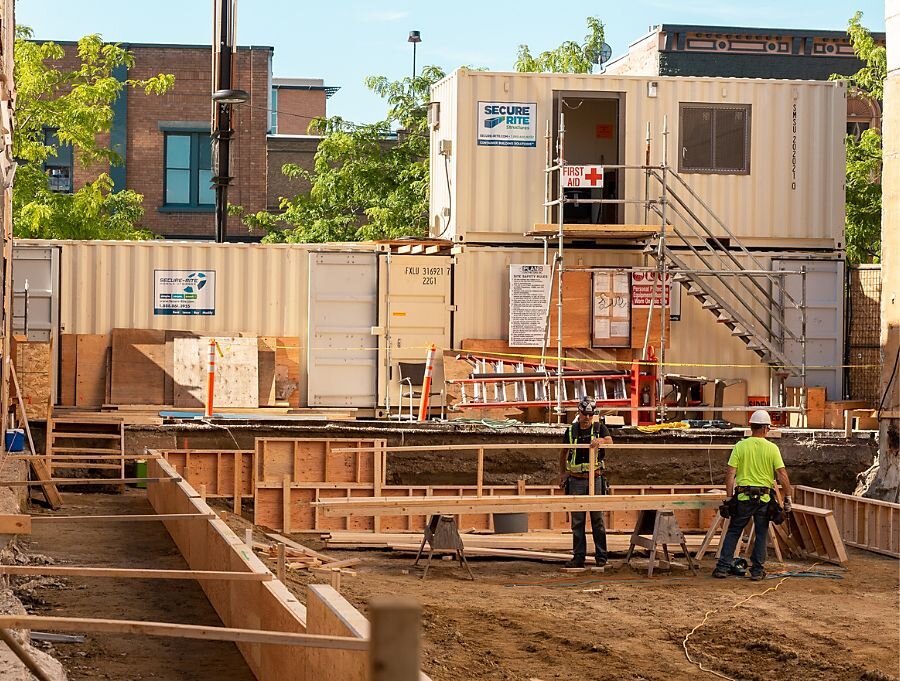

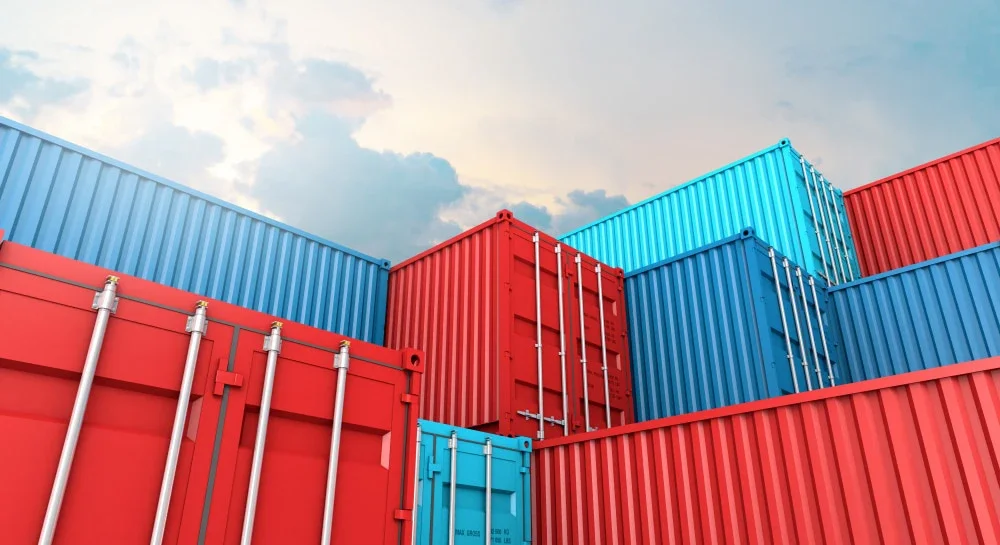


Continue Shopping
Loading cart